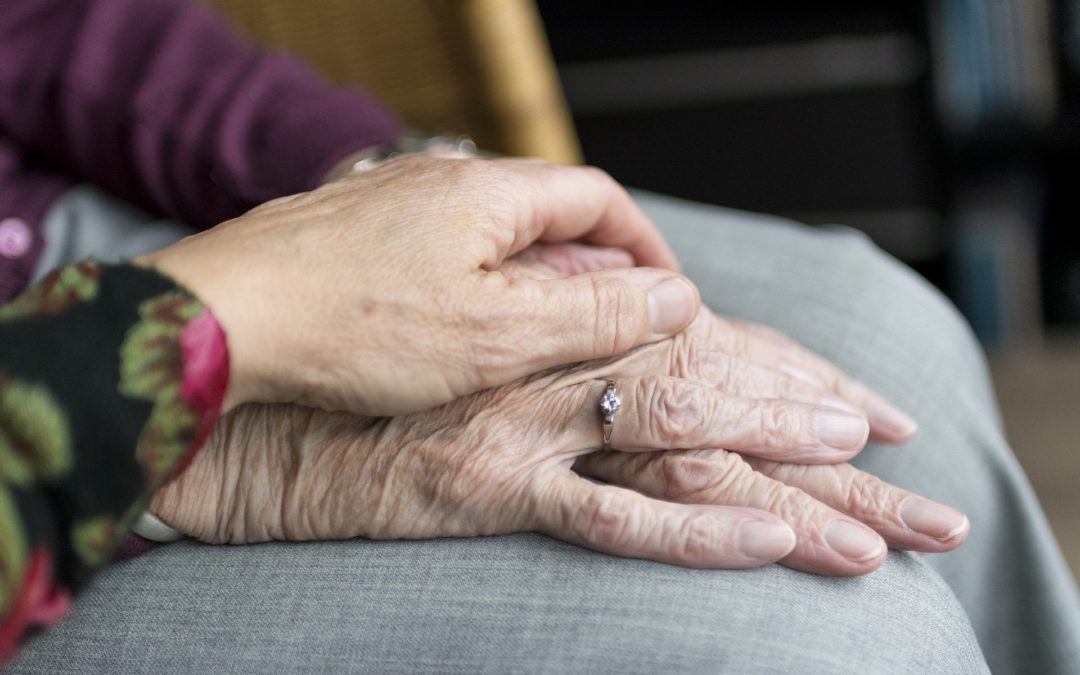Generosity is one of those uncanny actions that bring about happiness. Pay a little attention to how you feel after you help someone and you will soon become convinced about this truism. Even as we live in a world where we feel that everyone is out to get the other person, there are many people who are addicted to generosity.
The benefits of altruism and giving are many. Generous people are known to live healthier and longer lives. They are applauded and eulogized in society especially because in the world there are many who need the support and help. This can, however, take a weird turn if we start going to extreme extents to ‘show’ that we are giving.
This does not mean that one feels good in giving only when one is praised. Giving anonymously also makes us feel good. This is called the helper’s high that one experiences when one gives. The act of giving engages the mesolimbic reward system in our brains releasing a surge of dopamine in the blood. This is the same hormone that is released when we have a sumptuous meal, have sex, play video games, or snort cocaine.
Generosity or Pathological Altruism
As with almost everything good, too much generosity is not a good thing. If one gives in to the ‘good’ feeling one gets, one can actually get addicted to it. Accompanied with this unaware and compulsive form of giving are also some side-effects that can accrue very quickly, if not checked.

- Helping or dependency – When helping others we tend to forget that as we do things for other people, they are likely to become complacent. There is a parable that says, ‘Give a man a fish and you feed him for a day. Teach him how to fish and you feed him for life’. All generosity and giving should be measured from this perspective. The idea is not to give to feel good about yourself but to genuinely aid others to become empowered and able.
- Stretched or burnt-out – When we are addicted to being generous, we tend to do more than we normally would. This can easily slip into too much physical effort. Going the extra mile to help someone is great. However, it is important to remember that ‘you need to put on your oxygen mask first’ (as they tell you in the instructions they give on flights). If you are not able, you will not be able to help anyone else. In fact, failure to pay attention to yourself and keep yourself healthy can result in you becoming dependent on someone else.
- Unappreciated or resentful – Some who practice generosity may not expect appreciation or praise, at least not consciously. One would have to be fairly saintly in order to not expect some form of appreciation for what one is doing. If we are lucky and are appreciated, it may work out well. However, too much giving can often lead to an imbalance that leads to resentment. It is wise to catch yourself before you get there and exercise some self-compassion before that.
How to Practice Healthy Generosity
Those who have gotten into a continuous cycle of giving and generosity may find it tough to break the cycle. People can start to give and then fall into the trap of expectations. They are not able to stop because others expect it out of them. To help you break this rolling cycle of generosity that can end badly, here are some things you can do.
- Empower others – Learn to differentiate between giving and empowering. Focus on helping people help themselves rather than giving them what they need. Giving people what they need may be required when the situation is dire and they need things for survival. In no other circumstance should you focus in giving. Empowering someone is more meaningful as it does not make them dependent on you and it also helps the other person maintain their self-respect.
- Start by knowing yourself – Before you start to go all out and unleash your generosity, start with knowing yourself. While this exploration may be an endless journey, you should at least know what your priorities are, what your values are, what your boundaries are, and the ‘why’ for the generosity. This is not something to be undertaken casually. These specific priorities, values, boundaries, and why need to be clearly defined in your mind (writing them down is even better). Get in touch here, if you want to undertake this exploration and exercise!
- Learn to say no – Even after you know your own self, the expectations of others may make it tough to hold back from generosity, especially if you are already into that cycle of giving too much. To learn how to say no effectively, politely, and assertively, check out this post.
Too many people get burnt out by falling into a pattern and they realize how they are harming themselves only after it is too late. Practice generosity for it is an amazing thing that the world needs. But practice it with consciousness and awareness!
Featured image by: sabinevanerp at Pixabay


Very well explained. Generosity is a much touted as a virtue, which it actually is not. Empowering a needy person is the biggest service you can do.
Going overboard with anything is never good. So it is with generosity.
True! Except I know some people who just cannot stop even at the cost of their own wellbeing.
And something like this often happens with actions/traits we consider ‘good’!